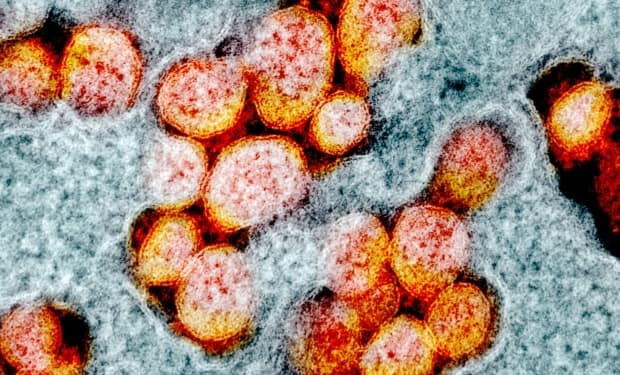N.W.T. reports 27 new cases of COVID-19

The N.W.T. is reporting 27 new cases of COVID-19 across the territory.
In a Tuesday night news release, the office of the chief public health officer (OCPHO) said there are 241 active cases across the territory, up from 227 on Monday.
The majority of cases are in the Yellowknife area, including Dettah and Ndilǫ, with 141, an increase of nine in the past 24 hours.
Behchokǫ̀ remains the community with the second most cases, with 51, an increase of four since yesterday, while Whatì has 30 cases, a decrease of one since Monday.
Gathering restrictions and isolation orders remain in palace in Yellowknife, Dettah and Ndilǫ while Behchokǫ̀ and Whatì continue to be under containment orders.
Other communities that have cases are Hay River and K'atl'odeeche First Nation with nine, Fort Good Hope with two and one in Deline, Norman Wells, Łutsel Kʼe, Fort Resolution and Fort Liard.
There is also one case at the NWT Power Corporation's Snare Hydro System worksite, as well as at the Diavik diamond mine and the Gahcho Kué mine.
Cases 'peaked' in Yellowknife's underhoused community
In an email to CBC News, a spokesperson with the N.W.T. COVID Secretariat said the number of cases in the underhoused community and those who work with them in Yellowknife and surrounding communities has "peaked."
Richard Makohoniuk said the number of cases stands at 31, significantly less than the 70 cases the territory's chief public health officer reported on Sept. 14.
"The focus of the OCPHO has shifted to managing the risk to our community from secondary and tertiary contacts that may have been exposed to positive COVID-19 cases when the overnight shelters shut down and assistance was provided by community and family members, including providing overnight accommodations," Makohoniuk wrote.

